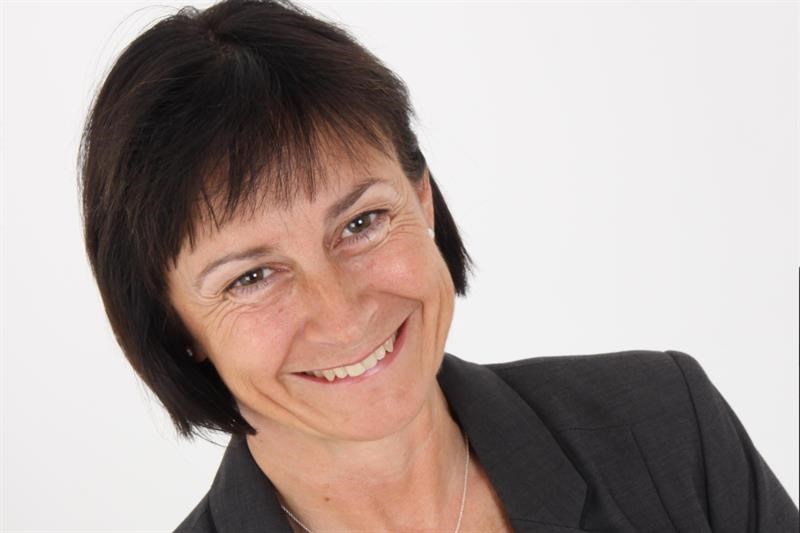Society of British Dental Nurses welcomes SDCEP review
Published: 25/09/2020
The Society of British Dental Nurses has welcomed a review into fallow time.
The Scottish Dental Clinical Effectiveness Programme (SDCEP) review of mitigation of aerosol-generating procedures in dentistry represents the agreed positions of a working group comprising subject specialists in particle physics, aerobiology and clinical virology.
Dental professionals from all four nations from across primary care, secondary care, academia and public health were represented.
The report considered evidence on the generation and mitigation of aerosols in dental practice, and the associated risk of coronavirus transmission.
The different approach to the report divides dental procedures into three categories of aerosol generation potential according to the instruments used, with fallow periods recommended only for the highest risk procedures, and suggests the determination of fallow time using a multifactorial approach – a key consideration being the number of air changes per hour.
Patron of Society of British Dental Nurses,Fiona Ellwood,who is also a dental nurse, Bangor University Subject Expert and and member of the SDCEP, said: 'The amount of effort that has gone into delivering this work has been phenomenal. It has been inclusive of the dental team and this is reflected in the report. The report is – and will continue to be– a significant document that will potentially adapt and change over time.'
She hopes this goes a long way to setting out a stratified way of ensuring both the patient and the dental team are able to continue working in a manner that protects both parties.
Whilst the report is not guidance, it will inform the work of those setting guidelines and it is hoped that the flow chart will give greater insight as to the benefit of mitigation, as well as the consensus of the risk of transmission and fallow time as a calculation.
The Society will continue to keep dental nurses informed, if members have any questions, email admin@bdns.org.uk
Author: Julie Bissett









